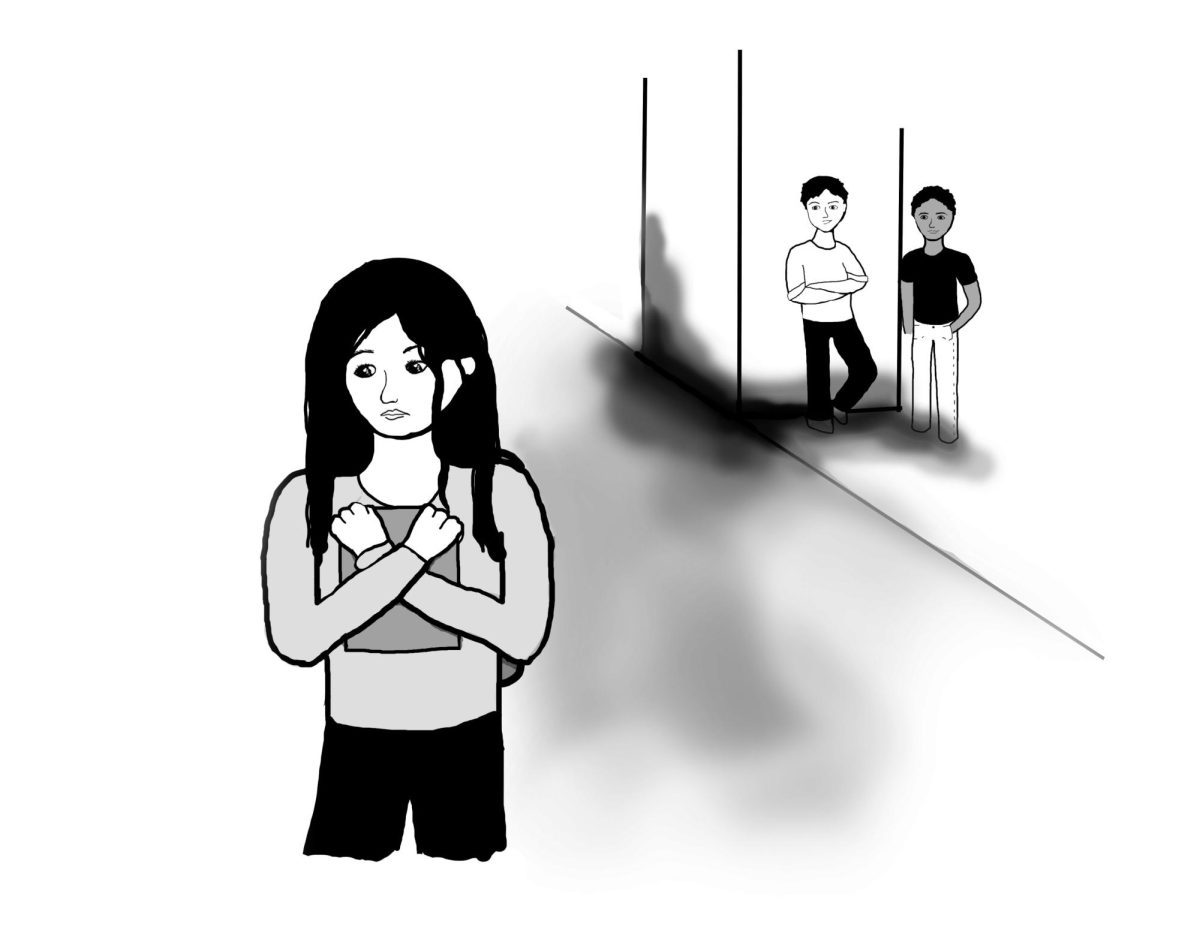Myth: It’s bad to study in bed.
TRUE
Studying in bed may either lead to bad studying or bad sleeping, according to Director of Academic Resources Juli Dunn. People who study in bed may find themselves more likely to fall asleep during studying, or conversely, less likely to fall asleep, period.
“Your body associates your bed with sleep, thus you may find yourself feeling tired when you are fully rested or on the flip side your body will associate your bed as a place that your brain needs to wake up for and as such can then result in sleep issues,” said Dunn via e-mail.
Studying while sleepy will decrease the effectiveness of your study time, so it is best to be avoided, and long-term sleep deprivation: which could be caused by associating your bed with studying: decreases academic success.
Myth: If you have to pull an all-nighter, it’s best to do it night before the test rather than two nights before.
FALSE
If you have to pull an all-nighter, doing it two nights before a test gives your body time to recoup on the sleep debt you built up over the last night staying awake. However, if you know two days in advance that you’ll need to cram, studying less and getting extra sleep both nights instead of vice versa might produce a better grade anyway.
“An all-nighter, under any circumstances, is not the most efficient way to study,” said Dunn.
Students who regularly pull all-nighters tend to have lower GPAs, a study by Pamela Thatcher, a professor of psychology at St. Lawrence University, showed.
All-nighters should only be the providence of projects, essays and tests for which you are completely unprepared, and only when there is no other option. Otherwise, weigh the risks of taking the test without an all-night study session versus the exhaustion of taking the test, having stayed up all the night before.
Myth: You will only retain half the information you study after midnight.
PARTIALLY TRUE
While it varies from person to person exactly what percentage of information one retains after midnight: and is thus impossible to give a concrete answer to the myth: sleep deprivation does negatively affect your learning.
“Your ability to retain information begins to decrease when you enter a period during which your body should be at rest,” said Dunn.
For some people, that may mean after midnight; for some people, that may mean after two in the morning. However, this does mean that staying up late to study may not do you as much good as studying for the same amount of time during the day.









